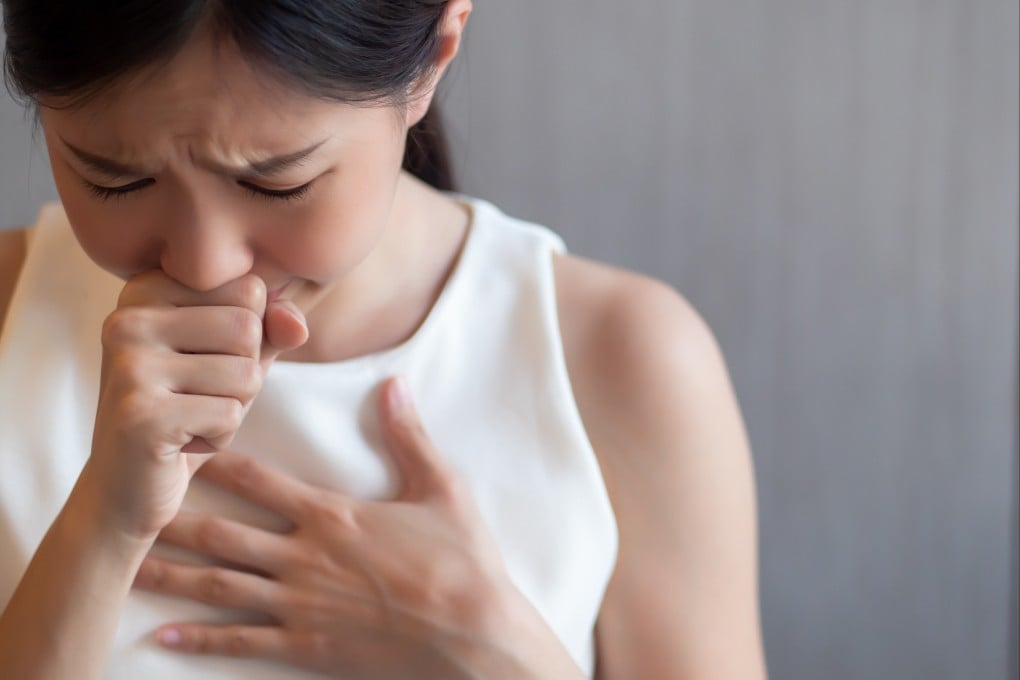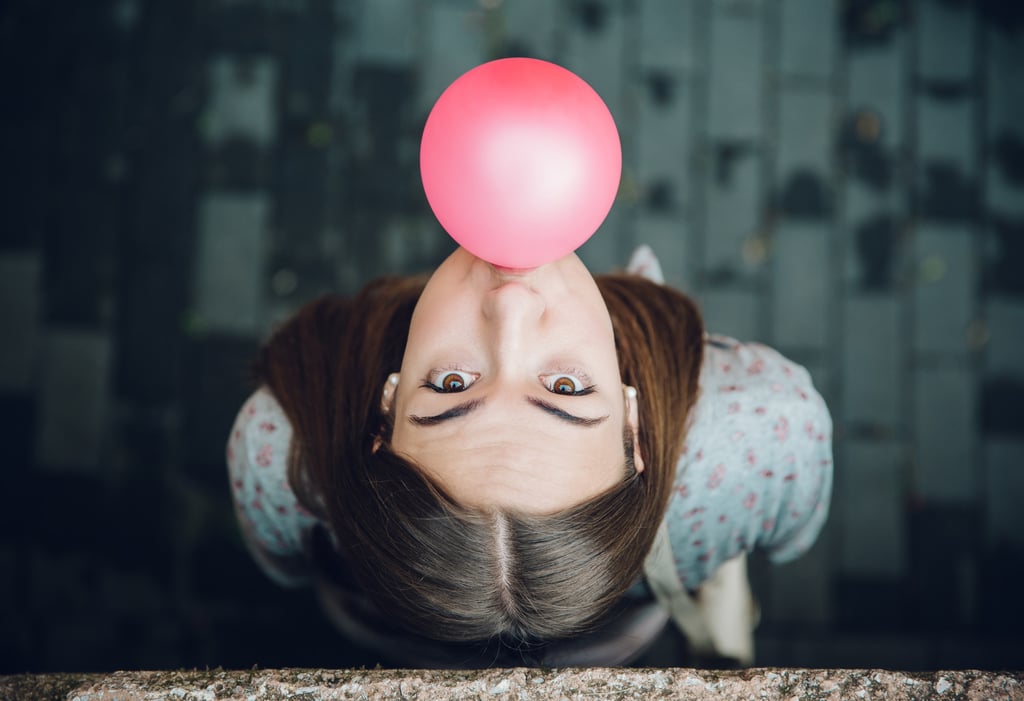Explainer | What are hiccups and how to make them stop? Eating sugar, drinking water backwards? Experts on their causes and cures
- Anything from a large meal to consuming alcoholic or carbonated drinks to sudden excitement can prompt hiccups, the Mayo Clinic says
- There are more than a dozen ways to stop them; science is still unsure why any of them work, but it’s all about tricking your nervous system

Have you caught a bad case of the hiccups? The chances are you’ve already been offered 10 different ways to get rid of them: a spoonful of sugar, drinking water from the wrong side of the cup, a series of deep breaths. The truth is, any one of these cures might work.
Though we know what happens to the body during a bout of hiccups, tracking the specific causes of them, and cures, remains a challenge for doctors. Some cases last five minutes, while others last five months; some come from anxiety, while others come from drinking a fizzy beverage.
Here’s everything you need to know about what causes hiccups and how you might get rid of them.
How to get rid of hiccups?

Many of the cures might feel just as startling as the condition itself. In fact, you’ve probably heard of asking someone to jump out and scare the hiccups right out of you. This is actually a pretty accurate reflection of the science.
According to Harvard Medical School, the idea is to create a stimulus that will interrupt the signals causing the hiccup reflex, effectively startling the nervous system out of the behaviour. There is a growing list of ways to do this. A popular one involves drinking water from the wrong side of the glass, which excites nerves that are not normally stimulated by this behaviour.
It has been shown that when carbon dioxide levels go up in your blood, hiccups tend to subside. That’s why breathing into a paper bag sometimes works.